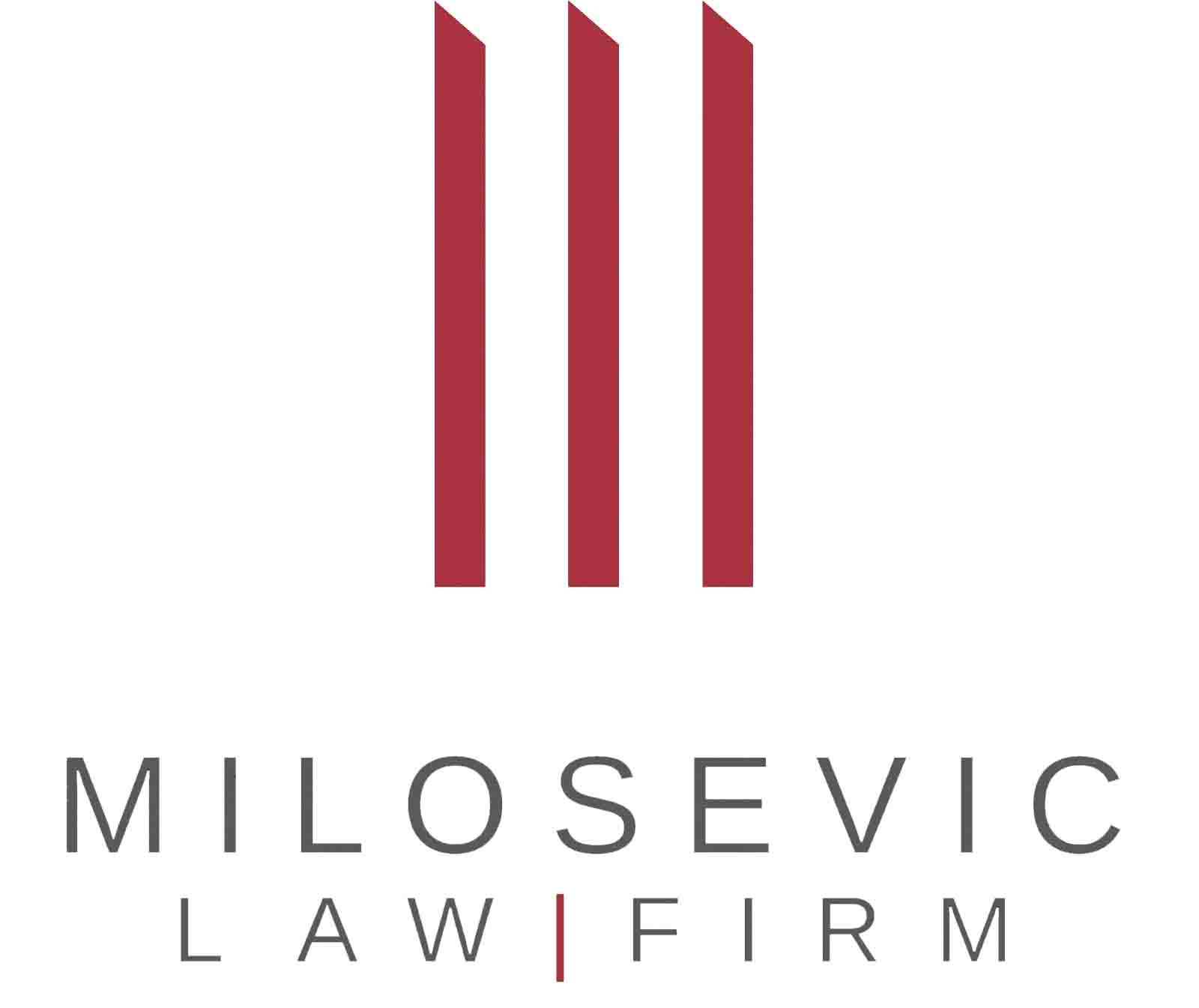On 29 May 2019 the National Assembly of the Republic of Serbia passed the Anti-Corruption Act [1] („Act“), which applies from 1 September 2020. The Act replaced the Anti-Corruption Agency Act [2]. Although the Act did not even start to apply, its amendments were already necessary, so the National Assembly of the Republic of Serbia adopted the Amendments to the Anti-Corruption Act (“Amendments“)[3], which also apply from 1 September 2020.
The Amendments primarily focus on the definition of a “public resource”. In that sense, a “public resource” refers to real estate, movable property and any other good that is publicly owned, i.e. in another form of ownership used by the authorities of the Republic of Serbia, autonomous provinces, local self-governments, public companies, companies, institutions and other organizations, whose founder i.e. shareholder or stockholder is the Republic of Serbia, an autonomous province or a local self-government.
According to the Act and its Amendments, a public official must not use public resources for the promotion of political parties, i.e. political entities, and other forms of political activities, which is closely specified by the Act.
One of the novelties is that public officials are banned from using public gatherings in which they participate and meetings they hold in the capacity of a public official, for the promotion of political parties.
The Amendments also prescribe the consequences if, during an election campaign, a public official:
- Endangers the performance of a public function by performing a function in a political party;
- Uses public resources for the promotion of political parties or political entities and other types of political activities;
- Does not present to debaters and the public that the position he presents, actually represents the position of the authority where he performs a public function, or the position of a political party, i.e. a political subject;
- Uses public gatherings where he participates and meetings he holds as a public official, for the promotion of political parties, i.e. political entities.
In such cases, the Agency shall pass a decision within five days from the day of the initiation of the procedure, i.e. from the day of receiving the complaint filed by a legal entity or a private individual.
Finally, the novelty is the fine amounting from RSD 100,000 to 150,000 for the above stated misdemeanors.
[1] (“Official Gazette of RS”, No. 35/2019)
[2] (“Official Gazette of RS”, No. 97/2008, 53/2010, 66/2011 – CC decision, 67/2013 – CC decision, 112/2013 – authentic interpretation and 8/2015 – CC decision)
[3] (“Official Gazette of RS”, No. 88/2019)

Recent Comments